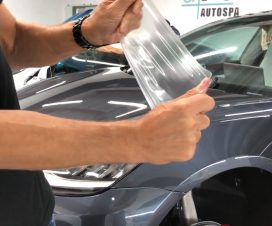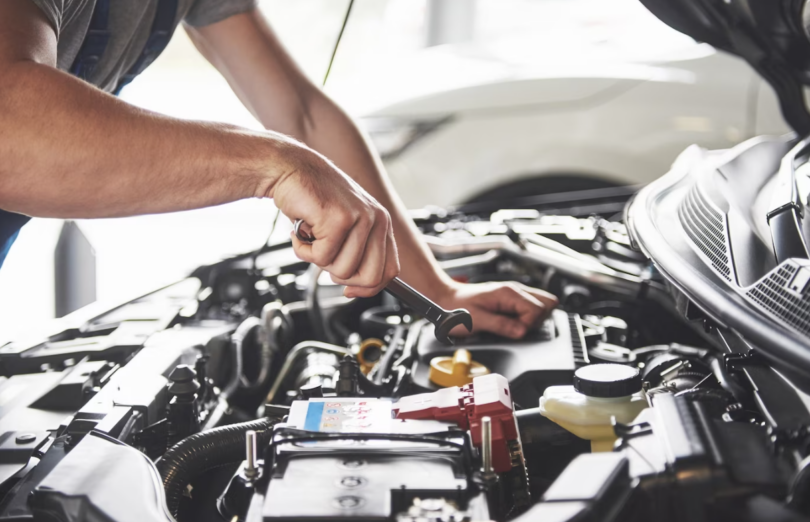 |
As a non-mechanic, it can be intimidating to think about maintaining your petrol engine. However, with some basic knowledge and a few easy-to-follow tips, you can keep your engine running smoothly and avoid costly repairs. In this guide, we’ll cover everything you need to know about petrol engine maintenance, from checking your oil to identifying common problems and how to fix them.
One of the most important aspects of petrol engine maintenance is checking and changing your oil regularly. Engine oil lubricates the moving parts of your engine and prevents wear and tear. Over time, oil can become contaminated with dirt and debris, which can damage your engine. It’s essential to check your oil level at least once a month and change your oil every 5,000 miles or as recommended by your car’s manufacturer.
If you hear engine noise like lifter ticks or knocking, don’t panic. You can use oil additives to reduce engine noise. Oil additives are created to enhance the lubrication of the mobile components in your engine and minimize friction, which can lead to unwanted noise. Employing an oil additive can assist in reducing engine noise and maintaining optimal engine performance. There are various oil additives available in the market that can be utilized to achieve these benefits.
In addition to checking and changing your oil, there are a few other simple maintenance tasks you can perform to keep your petrol engine in good condition. Here are some initial tips to get started with:
Check your air filter

Source: freepik.com
The function of the air filter is to inhibit dirt and debris from entering the engine. A dirty air filter can reduce your engine’s performance and even damage it. Check your air filter at least once a year and replace it if it’s dirty.
Keep your engine cool
Your engine can overheat if it’s not properly cooled. Make sure your coolant level is correct and check for leaks or damage to your radiator and hoses.
Check your spark plugs
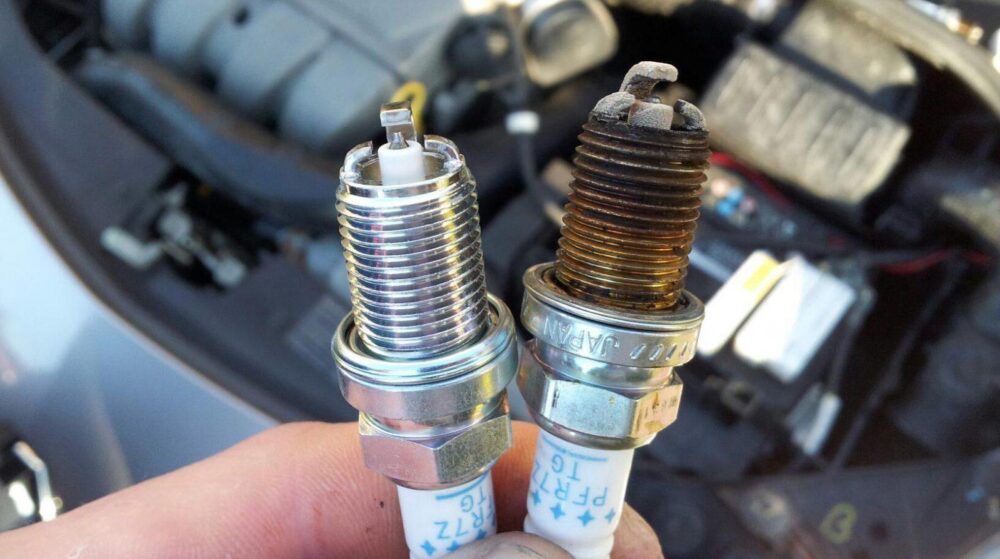
Source: carcarehunt.com
Your spark plugs ignite the fuel in your engine, and if they’re worn or dirty, they can cause misfires and reduce your engine’s performance. Check your spark plugs every 30,000 miles and replace them if necessary.
Monitor your engine’s performance
Pay attention to how your engine is running. If you notice any changes in performance, like a decrease in power or acceleration, it could be a sign of a problem. Don’t ignore these signs, as they could lead to more serious issues down the road.
If you’re not comfortable performing these tasks yourself, you can always take your car to a trusted mechanic for a check-up. A professional can perform a full inspection of your engine and identify any potential issues before they become major problems.
Now that we’ve covered some basic maintenance tasks, let’s take a closer look at some common problems that can occur with petrol engines.
1. Overheating
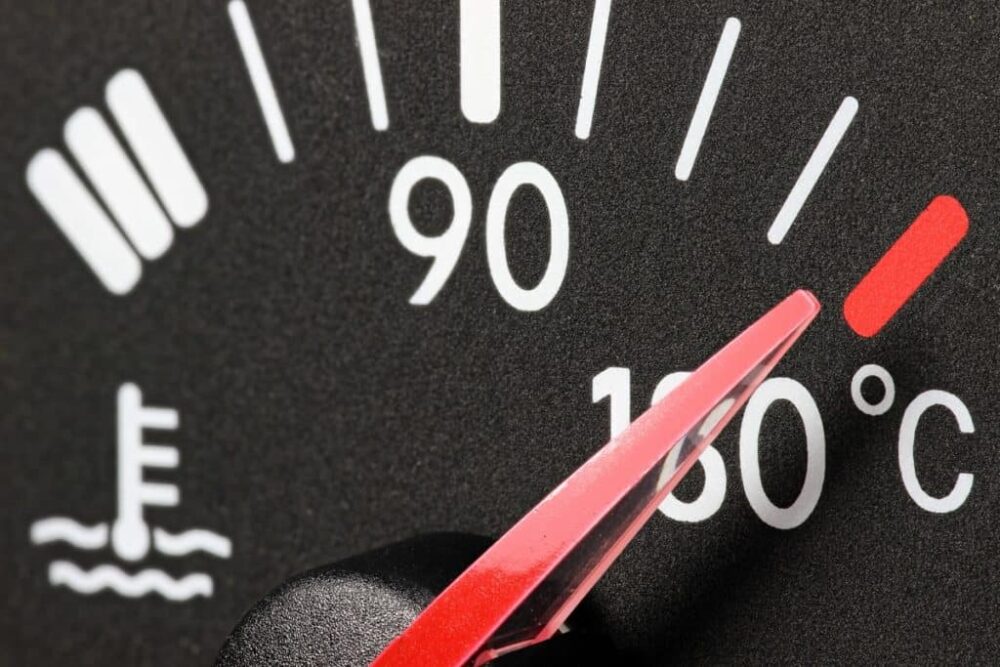
Source: toyotaoforlando.com
Overheating is a common issue in petrol engines and can cause significant damage if not addressed. Signs of an overheating engine include steam or smoke from the hood, high-pitched noises, or dashboard warnings. If you notice any of these signs, turn off the engine and let it cool down before checking the coolant level and looking for leaks.
2. Oil leaks
Oil leaks are a common problem in petrol engines that can occur due to worn gaskets or seals, loose oil filters, or damaged oil pans. Signs of oil leaks include oil stains and a burning smell. Regularly checking the oil level and addressing any signs of leaks promptly can prevent further damage to the engine.
3. Clogged air filters
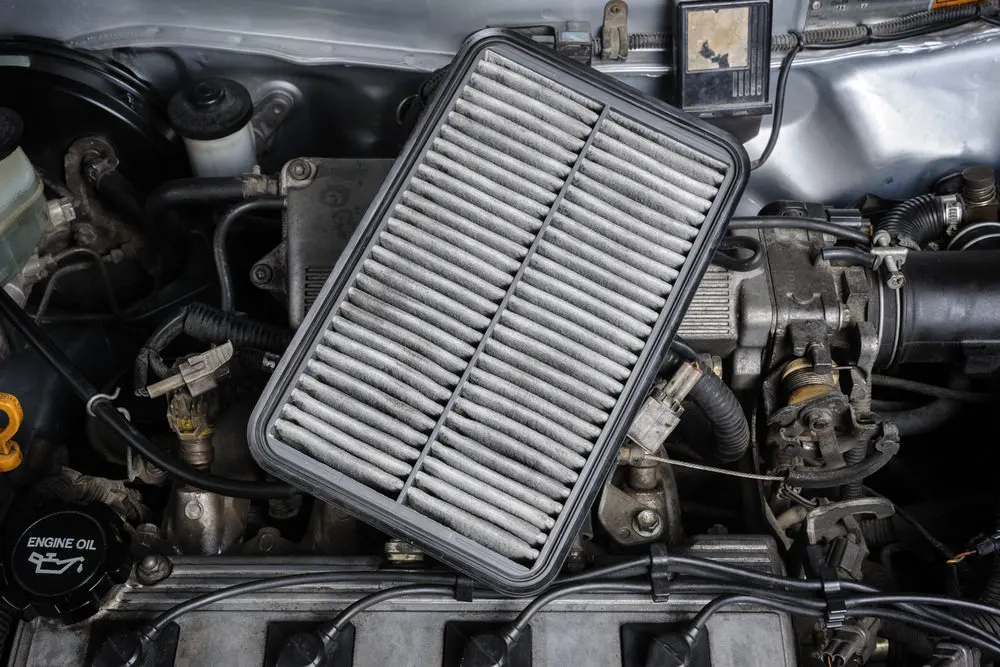
Source: yourmechanic.com
Air filters are crucial in keeping harmful contaminants from entering the engine. They can become clogged over time, leading to reduced airflow and decreased engine performance. Regular maintenance is essential to protect the engine from harmful particles and ensure it runs efficiently.
4. Worn out spark plugs
Spark plugs are essential components of petrol engines as they provide the electrical spark necessary to ignite the fuel in the engine. However, like all components, they can wear out over time, causing the engine to misfire, leading to a reduction in power and decreased fuel efficiency. Worn-out spark plugs can lead to incomplete combustion, resulting in unburned fuel passing into the exhaust system and increasing emissions. Regular maintenance of spark plugs is essential in ensuring optimal engine performance and fuel efficiency.
5. Faulty ignition coils
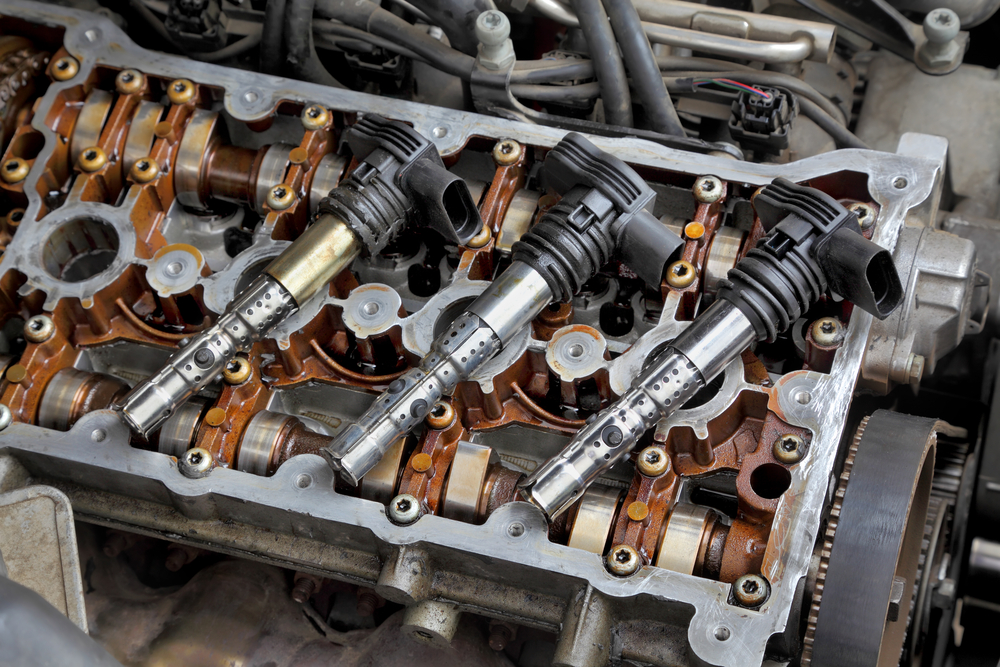
Source: cadillacatservice.com
Ignition coils are vital components that convert the low voltage from the battery to the high voltage needed to ignite the fuel in the engine. When they fail, the engine may misfire, reducing power and causing damage. Faulty ignition coils can lead to incomplete combustion and cause unburned fuel to pass into the exhaust system, leading to increased emissions. Regular maintenance of ignition coils is essential in ensuring optimal engine performance and longevity.
6. Dirty fuel injectors
Fuel injectors play a vital role in supplying fuel to the engine for combustion. Over time, fuel injectors can become clogged with dirt and debris, leading to reduced fuel flow to the engine, resulting in decreased engine performance. Clogged fuel injectors can cause the engine to run lean, leading to rough idling, reduced power, and increased emissions. Regular maintenance of fuel injectors is essential in ensuring optimal engine performance and fuel efficiency.
7. Timing belt failure
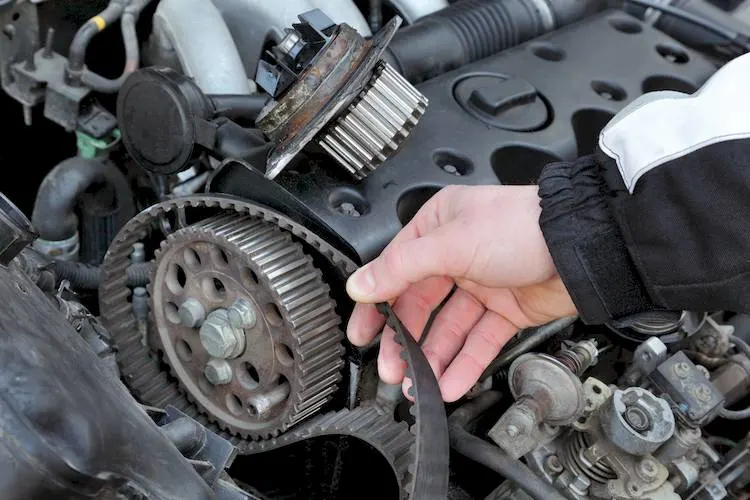
Source: yourmechanic.com
The timing belt is a crucial component that ensures the synchronization of the engine’s components. When it fails, the engine’s pistons and valves can collide, causing severe engine damage and leading to costly repairs. Regular maintenance of the timing belt is essential in ensuring that it is functioning correctly and preventing any potential engine damage.
8. Misfiring
Misfiring is a common issue in petrol engines, resulting from cylinders not firing correctly, causing reduced power and decreased fuel efficiency. If left unaddressed, misfiring can lead to engine damage, including catalytic converter failure and engine component damage. Regular maintenance and timely diagnosis of issues can prevent misfiring and prolong the engine’s life.



